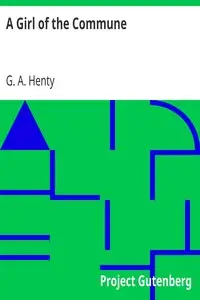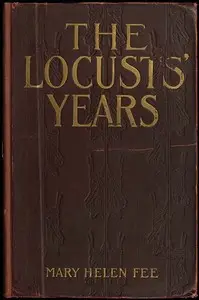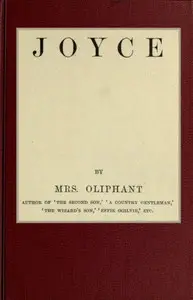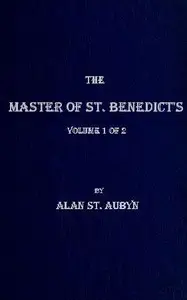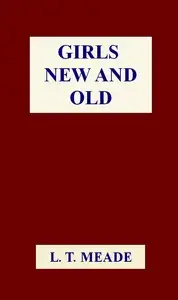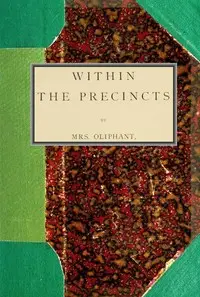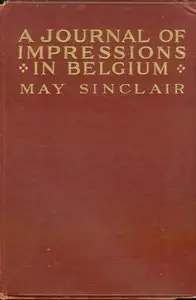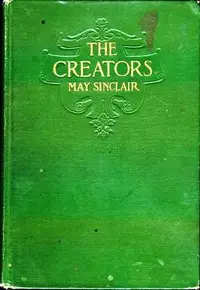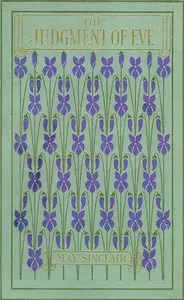"Superseded" by May Sinclair recounts the experiences of Miss Juliana Quincey, a modest math teacher at St. Sidwell's College for girls, as she deals with transformations in the early 1900s education system. The story studies themes of social roles, gender dynamics, and the trials of women in the academic world, especially through the contrast between the hardworking Miss Quincey and the lively Miss Rhoda Vivian. The novel opens by showing the busy halls of St. Sidwell’s, where Miss Quincey is noted for being quiet and reserved, often disagreeing with the college headmistress and younger teachers. She forms an important bond with her students, especially Laura Lazarus, a young girl struggling to fit in. As Miss Quincey questions her place in a world that is changing and also her own value, the readers find within her hidden strength and the details of her interactions, especially with her students and also the educational community around her, bringing attention to her resolve while facing her rising feeling that she is becoming obsolete.

Superseded
By May Sinclair
In a world of changing social mores, one woman must fight to stay relevant, while the institution she serves evolves beyond her.
Summary
About the AuthorMay Sinclair was the pseudonym of Mary Amelia St. Clair, a popular British writer who wrote about two dozen novels, short stories and poetry. She was an active suffragist, and member of the Woman Writers' Suffrage League. She once dressed up as a demure, rebel Jane Austen for a suffrage fundraising event. Sinclair was also a significant critic in the area of modernist poetry and prose, and she is attributed with first using the term 'stream of consciousness' in a literary context, when reviewing the first volumes of Dorothy Richardson's novel sequence Pilgrimage (1915–1967), in The Egoist, April 1918.
May Sinclair was the pseudonym of Mary Amelia St. Clair, a popular British writer who wrote about two dozen novels, short stories and poetry. She was an active suffragist, and member of the Woman Writers' Suffrage League. She once dressed up as a demure, rebel Jane Austen for a suffrage fundraising event. Sinclair was also a significant critic in the area of modernist poetry and prose, and she is attributed with first using the term 'stream of consciousness' in a literary context, when reviewing the first volumes of Dorothy Richardson's novel sequence Pilgrimage (1915–1967), in The Egoist, April 1918.

